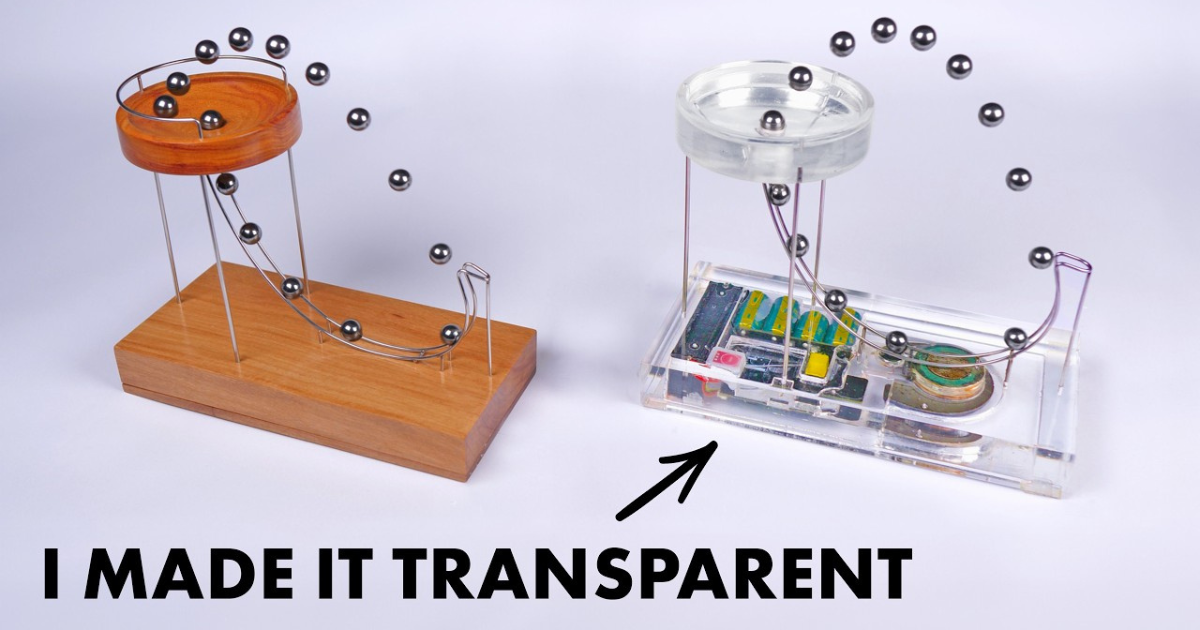
Have you ever wondered if boiling alcohol in an electric kettle would make it turn off automatically? It seems like a simple question, but the answer, as Steve Mould hilariously discovers, is anything but! This video takes us on a journey through the fascinating world of boiling points, kettle mechanisms, and the unexpected ways science can surprise us.
The Intriguing Question:
Killian Heanue sparks the curiosity with a question: will an electric kettle automatically shut off when filled with alcohol, which boils at a lower temperature than water? Steve, confident in his initial prediction, sets out to prove it with vodka.
Beyond the Basics:
While it seems like the alcohol-water mixture should simply boil off, leaving the water behind, things are more complex. The boiling point of the mixture lies somewhere between water and alcohol, and the vapor produced is richer in alcohol than the remaining liquid. This means the alcohol concentration decreases, gradually approaching the water’s boiling point and triggering the kettle’s shut-off mechanism.
Pure Alcohol and Unexpected Results:

Moving to pure ethanol, Steve expects it to boil dry quickly. However, the kettle again surprises him by turning off before reaching the 78°C boiling point of alcohol. This sparks a deeper dive into the kettle’s workings.
Demystifying the Mechanism:
It turns out the kettle doesn’t rely on temperature alone. A bimetallic strip, triggered by a change in pressure caused by boiling vapor, acts as the switch. This means the kettle can detect boiling regardless of the liquid’s specific boiling point, making it suitable for various altitudes where water boils at lower temperatures.
Another Kettle, Another Mystery:

Steve tries another kettle without the bimetallic strip, assuming it will boil the ethanol dry due to its thermal switch. But once again, the kettle shuts off prematurely. What’s the trick?
Heat Transfer and the Power of Water:
The culprit might be the different heat transfer properties of water and alcohol. Water’s ability to absorb and distribute heat effectively keeps the thermal switch below 100°C as long as the water itself is below boiling. Conversely, alcohol, with its lower heat capacity, allows the switch to reach its trigger temperature faster.
The Lid Factor and a Final Twist:
The investigation takes a final turn when the lid’s role is explored. While one kettle behaves as expected (turning off with the lid closed but not open), the other one defies logic, boiling continuously even with the lid closed! A hidden steam vent and safety mechanism add another layer of complexity to the puzzle.
The Takeaway: A Celebration of Learning:
This video is a testament to the joy of scientific exploration and the unexpected twists and turns that can occur. It reminds us that even seemingly simple questions can lead to fascinating discoveries and that being wrong can be a valuable learning experience. So next time you encounter a scientific curiosity, remember: the journey of discovery might just surprise you!




